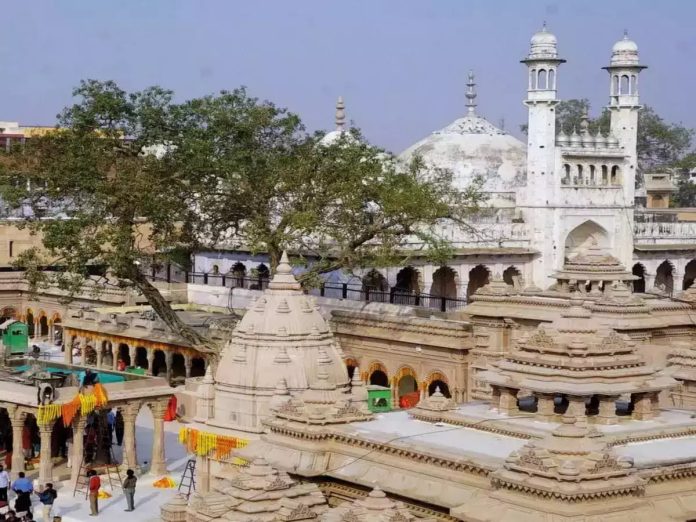New Delhi: On Tuesday, January 16, the Supreme Court granted permission for the cleaning of the wuzukhana (water tank) within the Gyanvapi Mosque in Varanasi. This decision follows a commission survey in May 2022, during which a shivling was reportedly discovered.
The bench, led by Chief Justice of India DY Chandrachud, along with Justices JB Pardiwala and Manoj Misra, approved an application from Hindu plaintiffs seeking the right to worship deities within the mosque premises. Notably, the Mosque management committee did not oppose the application for tank cleaning.
The plaintiffs, citing the presence of dead fish, requested the cleaning of the tank, a plea that was also echoed by the mosque committee in a similar application submitted to the Varanasi District Collector.
The Court, in response to the plaintiffs’ application, directed that the cleaning process should be conducted under the oversight of the Varanasi District Collector. Senior Advocate Madhavi Divan represented the plaintiffs, while Senior Advocate Huzefa Ahmadi appeared on behalf of the mosque committee.
In May 2022, the Supreme Court issued an order to seal the ‘wuzukhana‘ following the claimed discovery of a ‘Shivlinga‘ within. However, the Court explicitly stated that the order would not impede the right of Muslim devotees to engage in religious practices. Additionally, last year, the Supreme Court granted permission for an Archaeological Survey of India (ASI) survey of the mosque premises, a request made by the plaintiffs to determine if the mosque was constructed over a pre-existing temple.
In the previous month, the Allahabad High Court rejected the application filed by the Masjid committee seeking the dismissal of the plaint, citing it as barred by the Places of Worship (Special Provisions) Act 1991.

